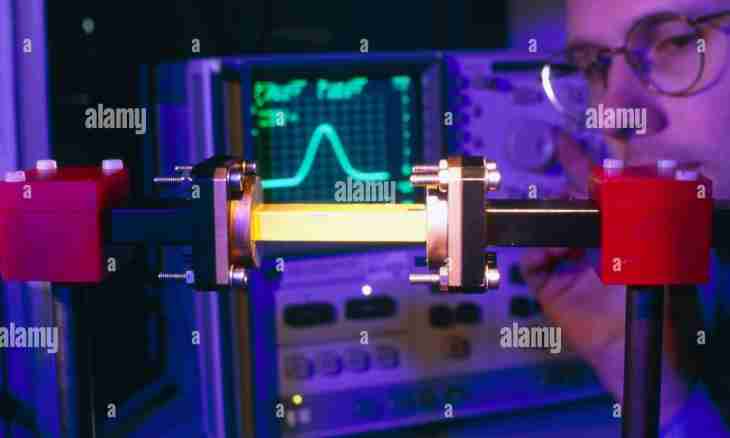The word "experiment" came from the Greek word experimentym which is translated as "test", "experience". An experiment call scientifically conducted experiment or observation of the studied phenomenon in the considered conditions which allow to watch the course of the phenomenon and to reproduce it repeatedly at repetition of these conditions. In a broad sense the experiment is any experience, attempt to carry out something, a special type of the practice undertaken for obtaining new knowledge or check of old.
Experimenting is one of types of cognitive activity. This concept is connected with receiving evident images of objects or processes of the world around. The experiment assumes certain transformations unlike passive observation at which the person does not change the studied objects. During it various objects are put in artificial conditions which often do not exist in the nature. Besides, the researcher seeks to eliminate undesirable accidents and forces to affect these objects certain factors. Experimenting, the scientist alters, will transform or even creates objects from the materials which are available for him. Interfering during the events it is possible to find such characteristics of the studied phenomena which at simple observation are inaccessible to sensory perception. The live contemplation peculiar to an experiment allows to have big advantages before passive observation.
In an experiment the subject, subject to informative action, action and practical learning tools, that is devices and tools is allocated. The methodology of an experiment is developed for effective carrying out pilot studies. It includes development of the program of an experiment, assessment of measurements, the choice of means of carrying out experience, its direct carrying out, processing and the analysis of the obtained experimental data.
Use of devices - distinctive feature of an empirical research. They are subdivided into the following main groups: - the devices increasing force or range of sensory perception (microscopes, devices of night vision, telescopes, X-ray machines); - measuring devices (hours, rulers, barometers, thermometers); - the devices allowing to get into internal structure (accelerators, centrifuges, filters, prisms); - the technical systems providing necessary conditions (pressures chamber, wind tunnels); - the fixing devices (film, the photoequipment, oscillographs, various indicators). In modern scientific knowledge the whole complex of devices are more often used. Experiments can be natural and artificial. Natural are characteristic when studying the social phenomena in certain conditions. Artificial experiments are widely applied in technical science. Depending on the nature of an object, conditions of statement and carrying out, experiments are subdivided into laboratory and production. The first are carried out on the modeling installations with use of standard devices. Such experiments allow to obtain valuable information with the minimum expenses. But these results not always completely reflect processes. Production experiments are made in actual practice taking into account influence of various factors of the environment. These researches it is more difficult laboratory and demand thorough planning. Various field tests of the operated objects belong to production researches.

